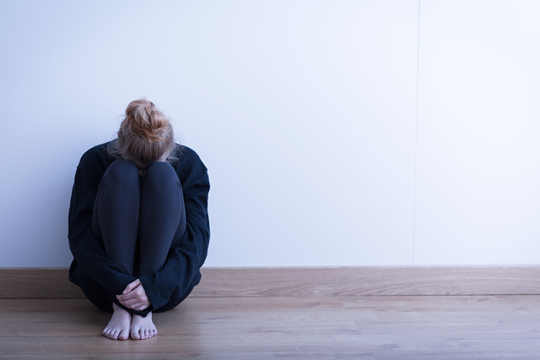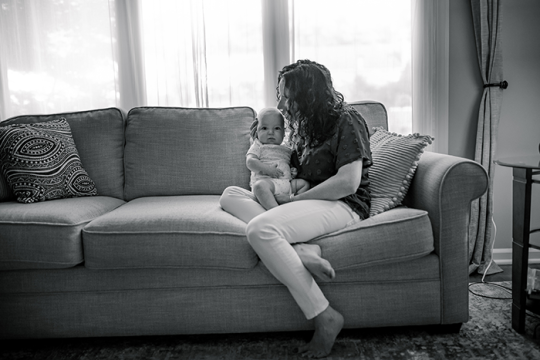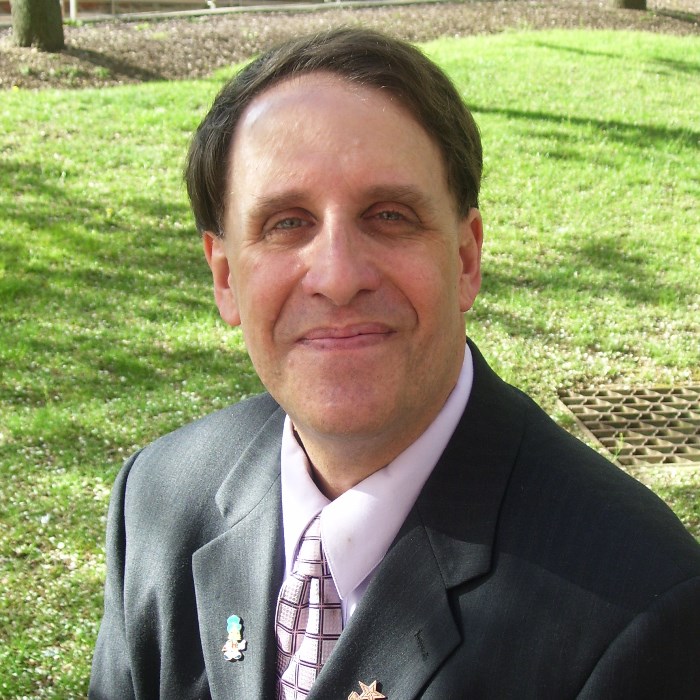
I grew up facing many of the same challenges faced by people with disabilities, although I did not have a disability myself – my parents did. My mother contracted polio at age 3, and by the time I was born, she relied on a wheelchair. My father had scoliosis, a curvature of the spine that can cause physical deformity. Though his scoliosis was not debilitating, he walked with a slight limp and moved more slowly than others – but his biggest issue was self-esteem. Because of his hunchback, people often stared at him.
President Franklin D. Roosevelt often did his best to mask the fact that he had polio so as not to appear weak, but my parents were anything but weak.
In those days, people with disabilities often associated with other people with disabilities – which is how my parents became friends, dated, and married. Their neighbor, stage star Doretta Morrow, was my mother’s maid of honor, so their wedding became newsworthy. The newspaper referred to my mom as “crippled” – the accepted term for her condition back in 1954.
I was born two years later. Though my parents were concerned about how a couple with disabilities would raise a child, their OBGYN advised that I would be very important in their lives. I owe that man my life.
In those days, buildings weren’t required to be wheelchair-accessible, which caused problems for my mother, in particular. None of my early grade schools had elevators, so for parent-teacher conferences, teachers met with my parents on the first floor rather than in their classrooms; one even came to our apartment. The day of my elementary school graduation, my mother made arrangements for the school custodians to carry her up (and then down) the steps to the auditorium so she could see me graduate. The men who helped her refused to accept any gift of thanks.
We were not affiliated with a synagogue because we could not find one in our area without steps, but my mom kept a kosher home, lit Shabbat candles every Friday, and observed the Jewish holidays. On Yom Kippur, we went together to a local temple, where my dad would go inside for Yizkor services while I stayed outside with my mom. Eventually, my parents found a tutor who prepared me for my bar mitzvah at a temple that didn’t have steps. It was a welcoming congregation, but my parents were a bit concerned because it was a Conservative synagogue, where male and female worshipers were separated by a mechitza (partition). Still, they were permitted to sit together.
We lived in an apartment building and sometimes had to cancel our plans when the elevator was out of order, stranding us on the fifth floor. Occasionally, we arrived home to find the lift broken and had to rely on the local police and fire departments to carry my mom, in her wheelchair, up the five flights to our apartment. When she died years later, the police officer who arrived on the scene cried because he knew my mom personally from all the times he had helped her.
Whether day trip or vacation, our family’s travel plans always centered on how we could get there and whether there were steps. Though our getaways were usually local, we did get as far as Atlantic City and the Catskills, and once, my dad even drove us to Florida. There was no internet back in those days, so my mom, using a pencil to dial her rotary phone, called places in advance to ensure we wouldn’t be on the outside looking in. Some spots, like Radio City Music Hall, went out of their way to accommodate us. We never had to wait in line there; instead, ushers escorted us to our seats, pushing my mom down the steep aisles.
One memorable time in the 1960s, my parents and I visited the famous Stage Delicatessen in New York City. We looked inside the small, overcrowded restaurant and decided that, rather than being refused admittance, we would eat elsewhere. As we turned to leave, a man ran out and asked if we wanted to come in. My parents explained that there was no room for a wheelchair inside the bustling space, but he insisted we come in, saying that if he were in my mother’s situation, he would not want to be turned away. As we entered the restaurant, the man shuffled other diners around to make room for us. When we looked down at our menus, we saw a picture of the owner, Max Asnas, on the cover – the very man who had made us feel welcome. Max was ahead of his time.
My parents were deeply in love and made for an inspiring couple. My mom was smart, with an amazing ability to analyze a situation; others often turned to her for advice. My dad was the go-to guy whenever someone asked for help, with an uncanny ability to remember faces, names, and places, and he loved telling stories. My mom encouraged my dad to strive for excellence, and he never once regretted the opportunities he missed out on because his wife was in a wheelchair. He willingly sacrificed his needs for hers and mine.
When I was a child, I loved to stand on the leg boards of my mom’s wheelchair, holding onto her as my father pushed us. Though my own children never got to have this experience with their grandparents, I can imagine them holding on tight to grandma, with grandpa pushing them along. I desperately wish my parents were still alive today to see the strides made for people with disabilities. I know they would’ve loved the opportunity to take part in communal life without the many barriers they faced.
February is Jewish Disability Awareness Month (JDAM), a unified initiative to raise disability awareness and support efforts to foster inclusion in Jewish communities worldwide. The Union for Reform Judaism is proud to partner with the Ruderman Family Foundation to ensure full inclusion and participation of people with disabilities and their families in every aspect of Reform Jewish life.
Related Posts

The Holy Act of Caring for our Bodies: The Importance of Breast Cancer Testing Early and Often

Navigating Infertility: Resources, Reflections, and Rituals


